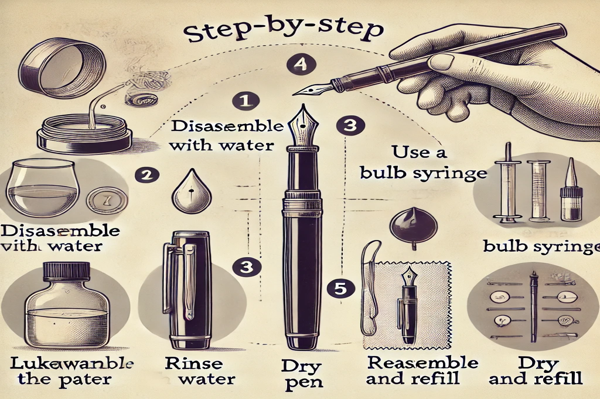+86 13586865656
Digital E-commerce
Digital E-commerce

How traditional economy and industries developed
Traditional economy relied on traditional distribution, which involved using raw materials to manufacture products through manufacturers, distributing them through brand merchants, and then selling them to customers via general agents and retailers.
In recent years, franchise chains have emerged, but they have been challenged by platform e-commerce. E-commerce also involves distribution, from manufacturers to brand merchants to platforms and finally to customers. E-commerce strategies typically involve offering customers free online traffic, but the cost of traffic is now very high, and the cost of investment is huge. As a result, platform e-commerce will be replaced by digital e-commerce.
What is digital e-commerce?
Digital e-commerce is a cycle formed by combining offline communities with online e-commerce platforms and cross-border cooperation and offering benefits to consumers. It is characterized by a cohesive workforce that often learns and shares information, wisdom, and energy together.
The difference between traditional business and digital e-commerce
Firstly, from a transactional relationship to an interactive cycle. Secondly, from public domain network traffic to private domain network traffic. Thirdly, from self-promotion to mutual benefit. Fourthly, production is determined by consumption. Fifthly, from a single market to a unified larger market.













